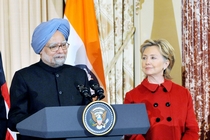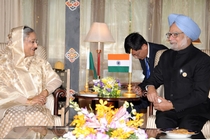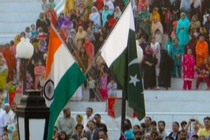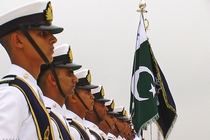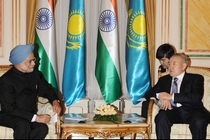India-U.S.: Converging interests, at last
The upcoming strategic dialogue between India and the U.S. could prove significant: deepening people-to-people ties via the diaspora and collaboration on regional solutions could also enhance bilateral ties. Can this dialogue turn out to be a game changer in India-U.S. relations?

